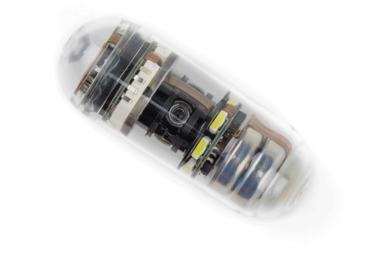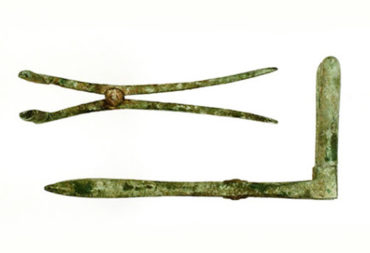ΙΕΕΕ Engineering in Medicine and Biology Society (EMBS) is the world’s largest international society of biomedical engineers. The organization’s 12,000 members reside in some 97 countries around the world. EMBS provides its members with access to the people, practices, information, ideas and opinions that are shaping one of the fastest growing fields in science.
Its members design the electrical circuits that make a pacemaker run, create the software that reads an MRI, and help develop the wireless technologies that allow patients and doctors to communicate over long distances. They’re interested in bioinformatics, biotechnology, clinical engineering, information technology, instrumentation and measurement, micro and nanotechnology, radiology, and robots. They are researchers and educators, technicians and clinicians—biomedical engineers are the link between science and life science, creating innovations in healthcare technology for the benefit of all humanity.
The IEEE EMB Greece chapter was founded in 2006. Previous chapter chairs were Professor Konstantina S. Nikita (founding officer) and Professor Dimitrios Fotiadis.
The mission of IEEE-EMB Greece is to:
• foster networking among its members as well as between members and related professionals,
• inspire the Greek EMB community and advance excellence,
• inform its members about the latest developments in the area of EMB,
• strengthen the links between EMB community and society, and
• promote the field of EMB in education.
IEEE-EMB Greece achieves these goals by:
• organising events about state-of-the-art topics,
• inviting distinguished lecturers, and
• providing a platform for its members to communicate their activities, practices, ideas and opinions.




